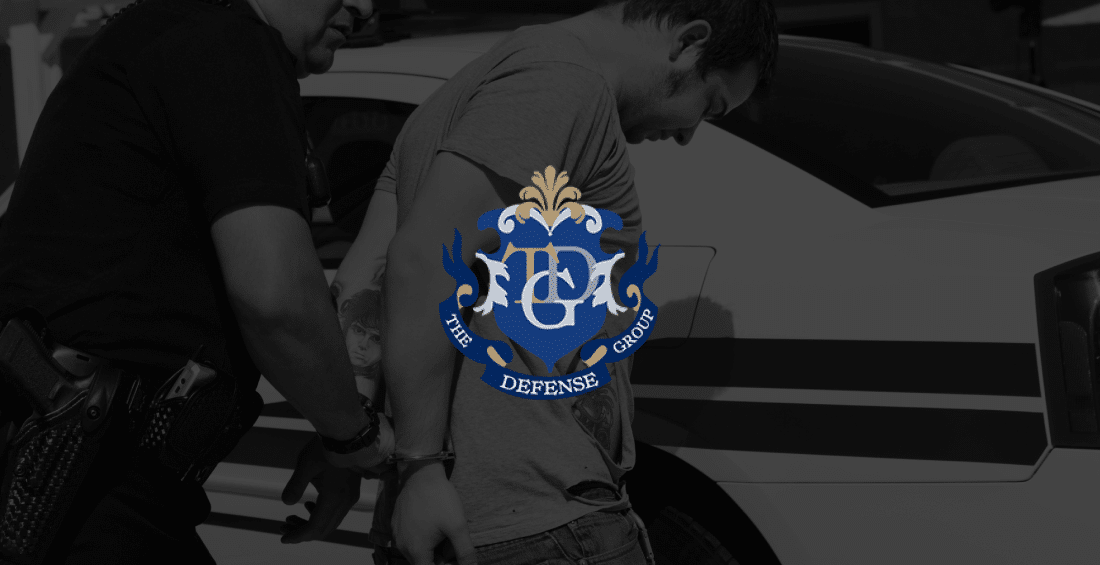If you are pulled over for allegedly driving under the influence, the police officers will likely ask you to take a breathalyzer test. These tests quickly tell law enforcement what your blood alcohol content (BAC) is so they can tell if you are over the legal limit. Technically, you do have the right to refuse a breathalyzer test if you are asked to take one. However, it’s up to you whether to refuse it or not.
Generally, if you do not have alcohol in your system and are confident you will blow .000, you should take the breathalyzer test to prove your innocence. However, officers will likely ask you to take a urine test next so they can determine whether you are under the influence of drugs. If you believe you may blow over the legal limit, refusing a breathalyzer test may be in your best interest. It is essential to understand the consequences of refusing a breath test before you make this decision.
What Are the Consequences of Refusing a Breathalyzer Test?
If you refuse a breathalyzer test in Florida, your driver’s license will be suspended immediately. This means you cannot drive a car legally for at least one year. If you are pulled over multiple times, refusal could warrant 18 months of license suspension and additional criminal charges.
Because of these consequences, many people are hesitant to refuse a breathalyzer test. However, depending on the circumstances of your arrest or detainment, you may be able to reduce or remove the consequences you are facing.
Below are some of the ways you may be able to justify refusing a breathalyzer test:
- Language barrier. You did not understand officers when they asked you to take a breathalyzer test or were confused about their instructions.
- Medical issues. Mental health or anxiety issues could make it challenging to take a test, especially in a stressful environment.
- Impatient officers. Some officers become impatient during a DUI stop and rush the process, not giving individuals enough time to make a decision.
What Are the Consequences of Refusing Field Sobriety Tests?
Field sobriety tests are other tests officers may use to judge your level of impairment if you are pulled over. In Florida, you are not legally obligated to perform field sobriety tests if you are pulled over by police. However, law enforcement officers will not tell you this fact. If you are concerned that you may fail the field sobriety tests, it is typically in your best interest to refuse them. Be prepared for officers to pressure you into taking them if you do choose to refuse.
What is Implied Consent?
The implied consent law applies to DUI breathalyzer tests in Florida. The implied consent law states that by having a driver’s license, you consent to being stopped and taking a breath test whenever a law enforcement officer asks you to. However, no one can literally force you to take a breathalyzer test if you refuse. You will face consequences for your refusal, like a suspended license.
Can You Refuse a Blood Draw?
In some cases, law enforcement officers will draw your blood to test your blood alcohol content. If you have been in an accident that injured other people, officers can ask medical personnel on the scene to draw your blood. You cannot refuse a blood draw if there are any injuries to anyone on the scene. However, an involuntary blood draw can only be done if there are injuries due to the accident. This means you can refuse a blood draw if you are suspected of driving under the influence, but no one was injured.
Should I Hire a DUI Lawyer?
Being charged with a DUI can have serious consequences that may include hefty fines, jail time, and a license suspension. If you are being charged with a DUI and want to protect your rights, hiring a criminal defense lawyer is the best way to reduce or remove the penalties you may be facing. Our legal team will review your case and develop a solid legal strategy to get you the outcome you deserve. Contact The Defense Group today by calling 407-743-8430 or by completing an online form.










